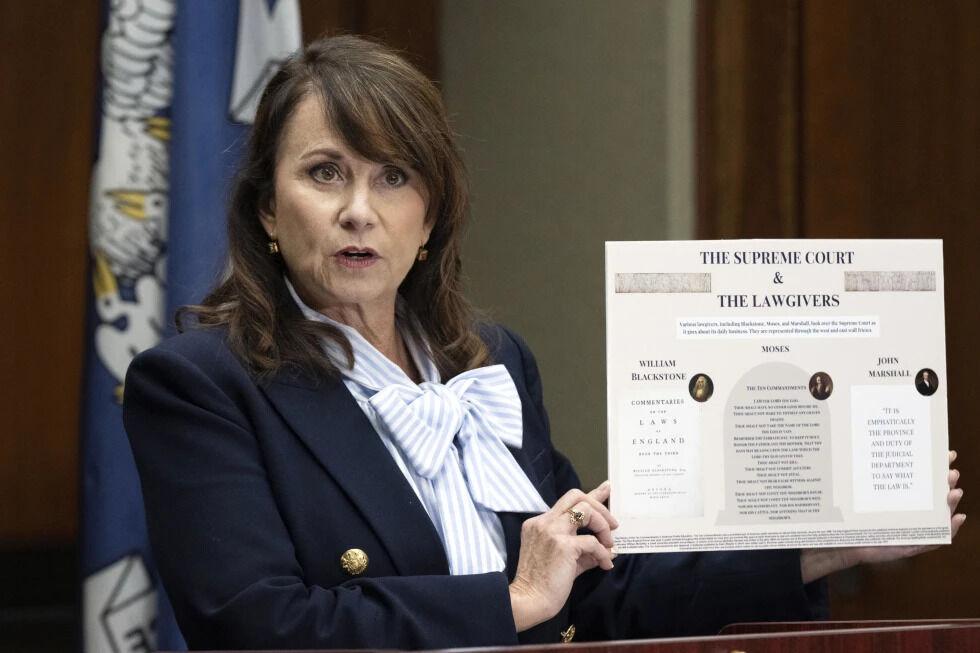Scheduling is the busiest time of the year, not only for students, but also for counselors, especially in the College of Arts and Sciences.
Each semester, students meet with counselors and faculty advisers to review their degree audit and plan the following semester’s schedule. Because of the importance of seeing a counselor, some students are not able to see a counselor at their convenience.
Melissa Barber, an English literature sophomore, said she could not see a counselor in Arts and Sciences because of the change in the counselor’s time schedule — for example, which days someone can see a counselor.
“I couldn’t see a counselor, so I left,” Barber said. “I called to speak to [a counselor] later. I just had a quick question, and she answered it for me.”
Previously, all students in the college were able to make an appointment with a counselor on Monday, Wednesday and Friday, but now only students graduating in December or May 2003 can make an appointment on Monday, Wednesday and Friday. All majors graduating after December and general studies students can walk in on Thursdays to see a counselor.
Assistant Dean Ashley Gray said between Oct. 21 and Nov. 8, the four Arts and Sciences counselors met with more than 600 students, not including students who met with faculty advisers and Gray.
Jane Collins, Arts and Sciences dean, said the counselors were modifying their schedules to better accommodate students.
Gray had all the counselors track how much time they spent on each student. This helped change the counselors’ schedules and target majors that would require more time, such as general studies.
Gray said the largest number of students needing to see an adviser are general studies majors. Since these students are required to have three minors, they require more help to make sure they take all needed courses.
General studies majors can take advantage of group advising sessions. These sessions review the basics of the degree audit, and students can get their questions answered without having to make a separate appointment.
Gray said the group sessions limit the number of general studies students seen and allow other majors time to see the counselors.
A recurring problem Gray noticed was students did not cancel appointments, preventing counselors from helping other students in their place.
“While the numbers of students not canceling their appointments often seems small, those numbers add up over time,” Gray said. “The challenge for us is getting students to cancel their appointments when they are unable to keep them. I suspect that students don’t realize the impact that failing to cancel an appointment has on other students’ access to services.”
To limit the amount of time it takes to see a counselor, the department has implemented a few changes. The department added general notes to the end of student degree audits, explaining different parts of the audit.
Gray said this change reduced the amount of time they spend with the counselor because neither the counselor nor the student has to write down any of this important information.
Other changes include putting more information on the Arts and Sciences Web site, such as counseling schedules and instructions for the college diploma ceremony. The college also has updated student forms, making them current and user-friendly.
Gray said students should take advantage of walk-in days, pick up a list of faculty advisers they can see and plan in advance for peak times such as scheduling.
Gray also urged students to place their names on a waiting list for an appointment and leave contact information so the counselors can get in touch with them if there is a cancellation.
Scheduling woes affect counselors
By Samantha Sieber, Staff Writer
November 22, 2002
More to Discover







